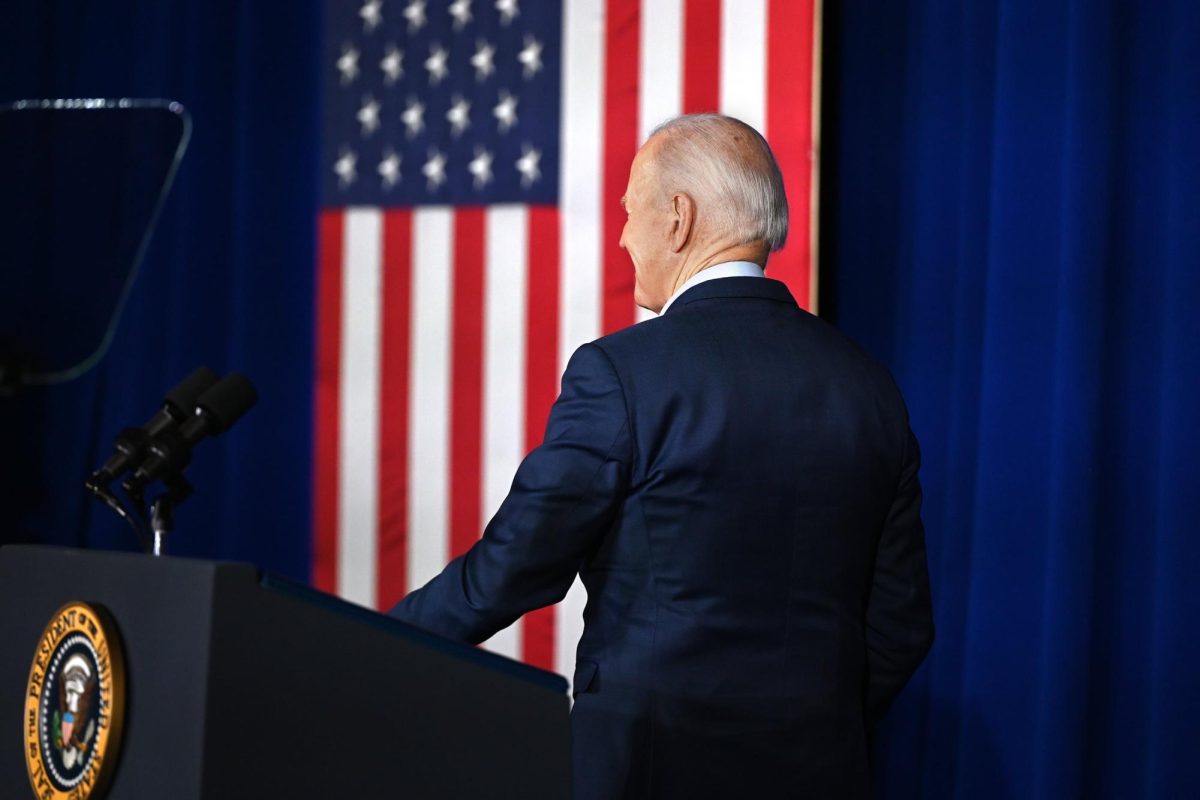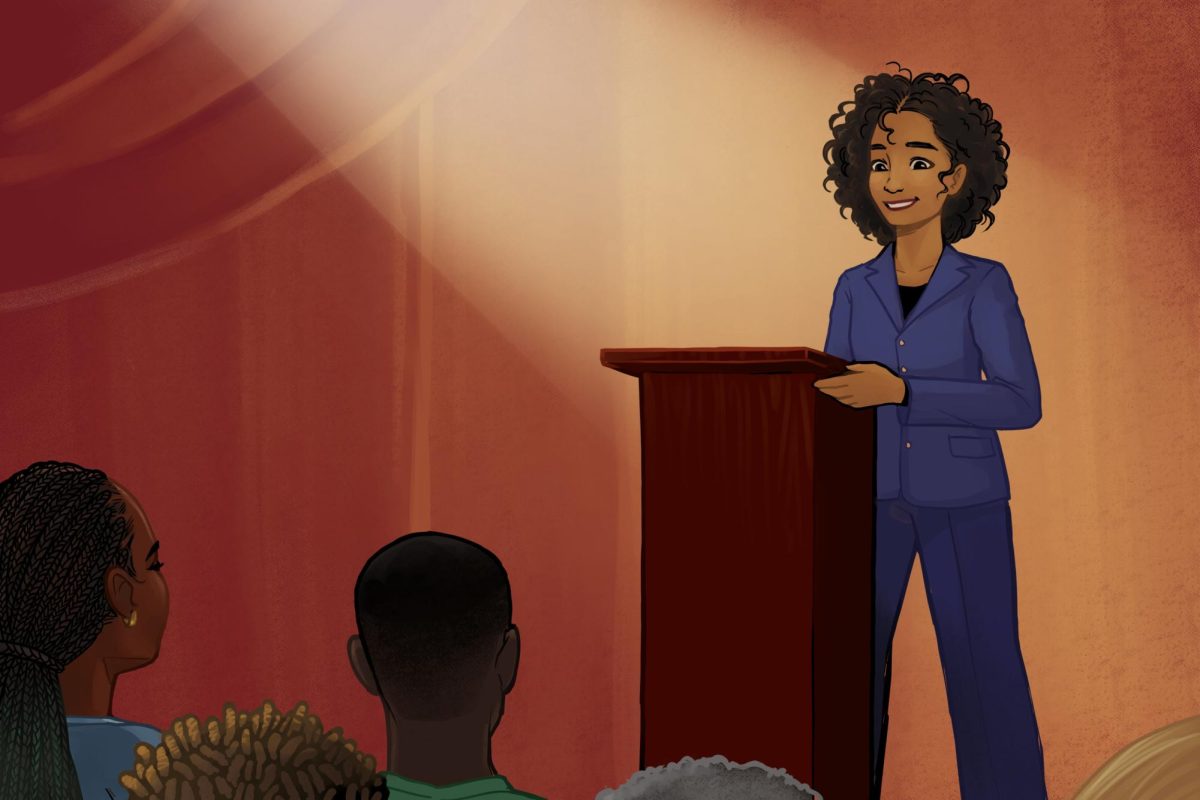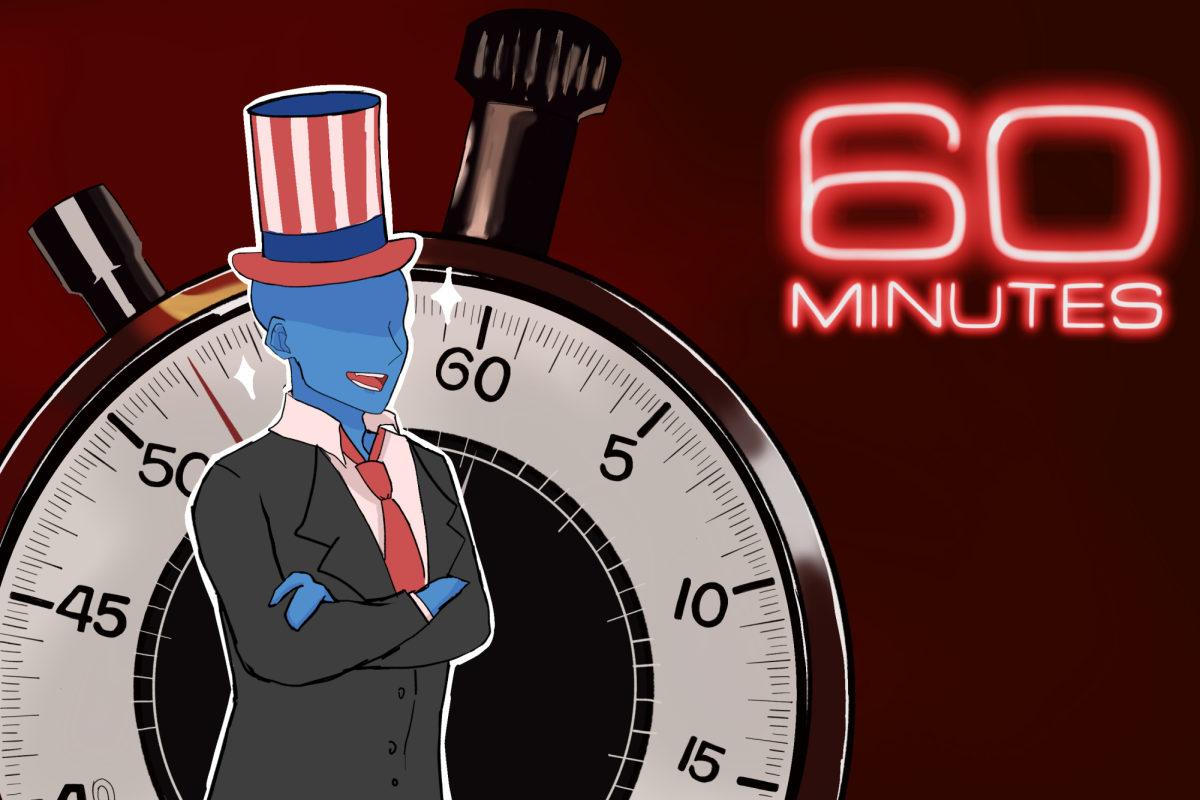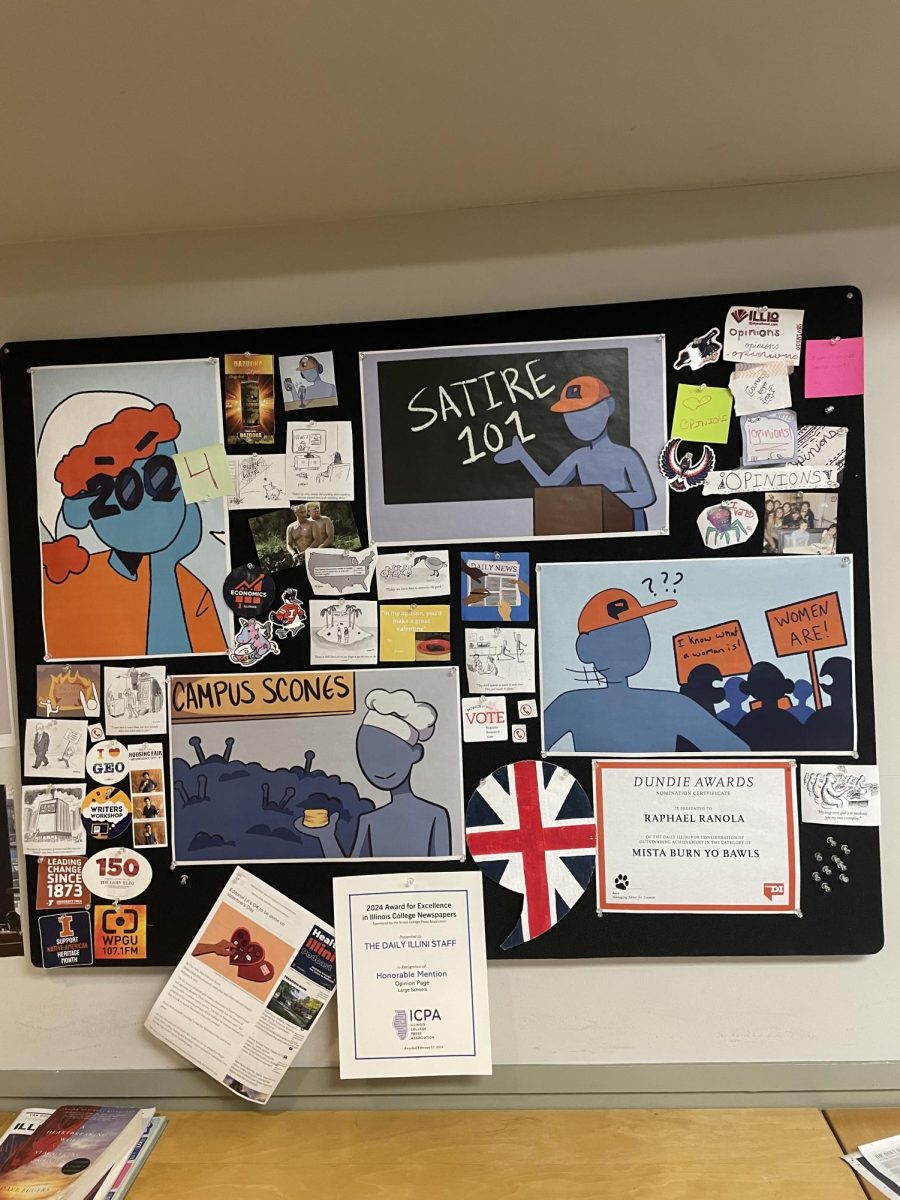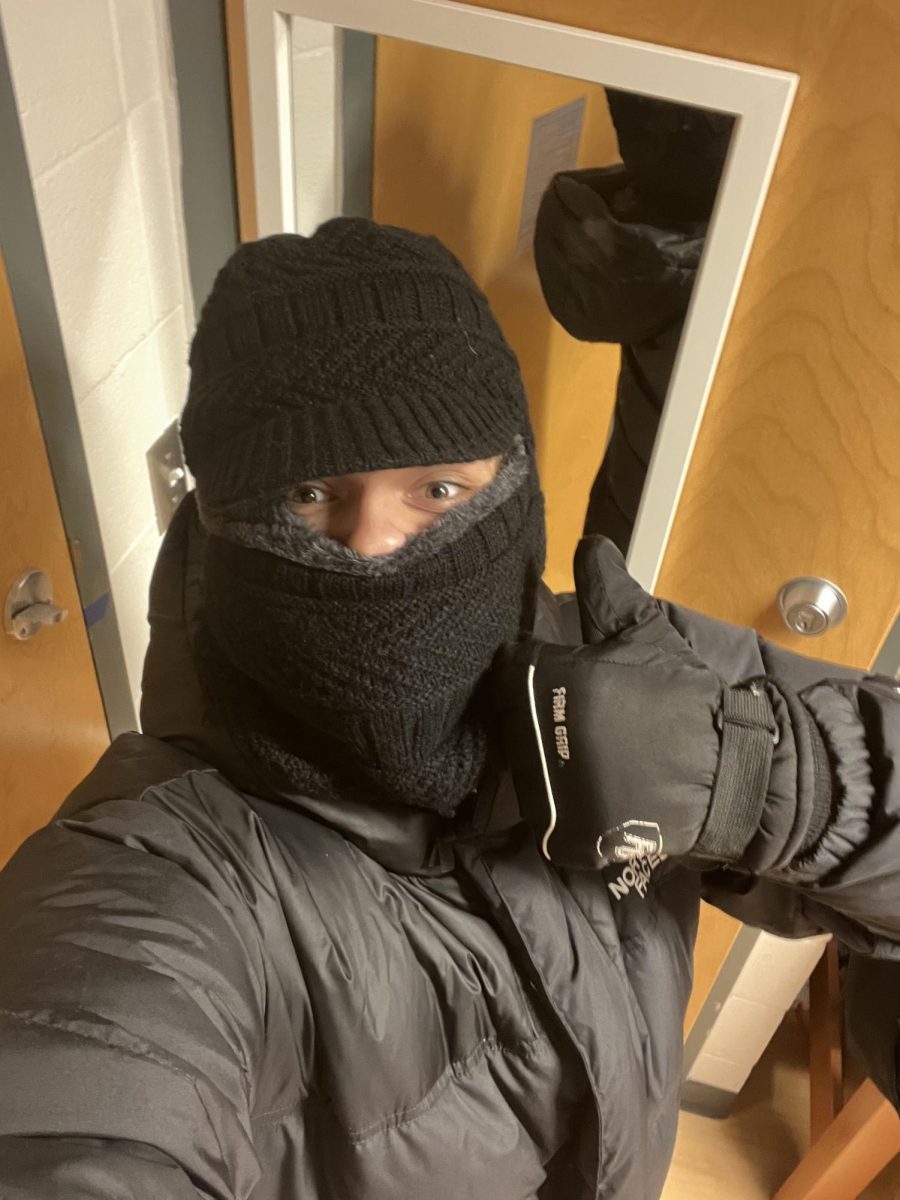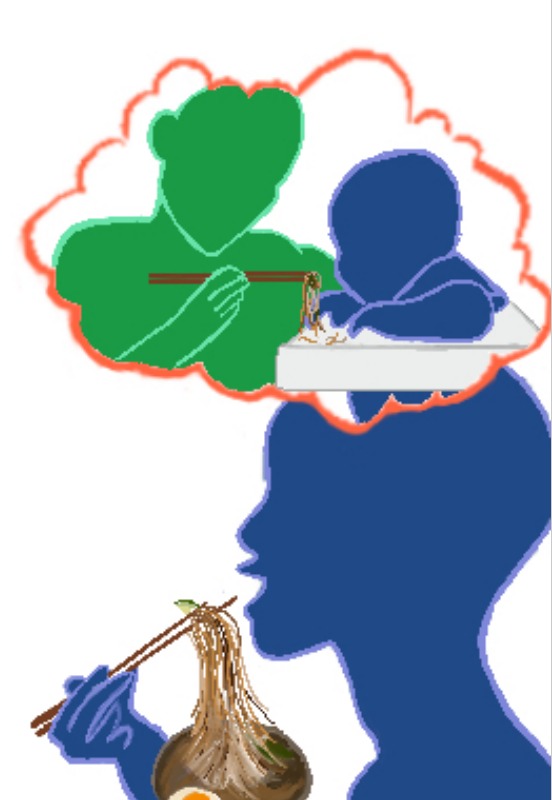“You’re all minorities, you’re in the glee club.” Only one show could produce a line so ignorant, absurd and dripping with satirical genius.
“Glee” is a show that feels like a paradox in itself. It is both inclusive and discriminatory, witty and slapstick humor; it also happens to be the first show that I ever remember watching. This may seem slightly concerning since I was only a 5-year-old when the show first aired, but regardless, it made its impact on my life for better or worse.
It is with surprisingly little shame that I admit I was introduced to mainstream music through “Glee.” I first heard Queen’s “Bohemian Rhapsody” in a montage where a teenager gave birth in the middle of a choir competition. I was introduced to Beyoncé by a team of football players rehearsing “Single Ladies” on the field because their kicker couldn’t score without dancing first.
As absolutely ridiculous as these scenes sound — and admittedly are — they were my first look into the high school experience, teen sexuality and, above all else, Journey.
Although I grew up in a moderately diverse area, the communities I was raised in weren’t always accepting of those who strayed too far from the status quo.
Get The Daily Illini in your inbox!
This may sound like a reach, but I truly believe that having a place to tune into weekly — that my parents also enjoyed and represented people of varying backgrounds — was a great catalyst in developing my empathy.
In fact, Yuko Kuwai, an intercultural communication researcher, found that representation in the media can have a significant impact on “multicultural empathy, particularly for those individuals who live in ethnically homogenous communities.”
This can be further applied when looking at LGBTQ+ representation in the media.
GLAAD’s annual Where We Are on TV Report for 2022-2023 reported that 10.6% of TV series regulars are members of the LGBTQ+ community. When “Glee” first aired, this number sat at a measly 3%.
Looking back on the show as someone who has now finished high school and has come to terms with her queer identity, it’s easy to see the places where it often fell short. From lines like the one that opened this article, to a lack of real characterization for most of its characters of color, no one can argue that “Glee” would not be remotely tolerated if it aired in 2023.
However, the moments that did hit would hit hard and leave an imprint on my life.
I still can’t watch the “Cough Syrup” number, performed when a former bully contemplated suicide after being outed online, without breaking down. I can probably quote every line from the episode “Grilled Cheesus,” a title that requires way too much explanation for a single article. And somehow, I still experience an inexplicable rush of serotonin to my brain every time I hear the show’s acapella rendition of “Teenage Dream.”
There is something to be said about the power of media playing an integral part in one’s childhood, and while I don’t think that “Glee” will ever be considered an influential masterpiece by critics, I do believe that its motto still rings true: “Being part of something special makes you special.”
Hailey is a sophomore in Business.






